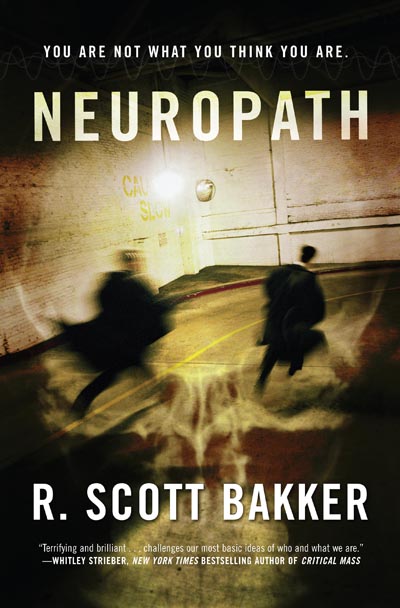Ever wonder how people can believe Elvis and Hitler are still alive?
Sad fact is, we are bunglers when it comes to believing things we can’t immediately see. We are prone to over-simplify. We are prone to feel certain about dubious things. We are prone to cherry-pick what confirms our views, and to selectively overlook what challenges them. We are prone to understand complex phenomena in psychological terms.
The list goes on and on.
Science can be seen as a kind of compensatory mechanism, a family of principles and practices that allow us to overcome enough of our cognitive shortcomings to waddle toward an ever more comprehensive understanding of the world. Unlike ‘theory’ in the conspiracy or detective novel sense, scientific theory is the result of processes developed over centuries to correct for our biases. If the technological transformation of the world over the past few centuries provides us with a stunning demonstration of science’s theoretical power, then the thousands of years of muddling that precede that transformation provide an equally impressive demonstration of our theoretical incompetence absent science.
Of course, believers in prescientific worlds generally don’t know anything about our theoretical incompetence, nor would they want to. We are prone to cherish our beliefs, especially those learned at the collective knee of family and tradition. Our incompetence, in other words, is such that we’re loathe to acknowledge our incompetence. Imagine every Christian, Moslem, and Hindu in the world suddenly shrugging and saying, “Meh, what do I know?” The sad fact is that we are capable of strapping bombs to ourselves, killing untold numbers of innocents, on the strength of things like familial hearsay and ancient guesswork.
We can believe that hard, that stupidly. We, not just “those crazies.”
Science is the cruel stranger, the one who tells us how it is whether we like it or not. Human vanity being what it is, you might say it’s amazing it succeeds at all in advancing theories that not only contradict received dogmas, but cut against our psychological grain. I sometimes think it’s this ability, the power to press home outright offensive portraits of our world and ourselves, that most distinguishes it as a claim-making institution.
Take evolution. Sure, you can slather layer after layer of laudatory rhetoric across the evolutionary portrait, say, eulogize our biochemical kinship with the totality of living things, or lionize those few crucial adaptations that make us human, but it still leaves us sucking on some bitter cultural and psychological pills. No matter how much you gild our particular branch of the evolutionary tree, it’s still just another branch, random in origin, indeterminate in destination.
According to most traditional accounts of our origins, we’re something really special—like really, really.
So here’s the question: What other bitter pills does science hold in store for us? The cruel stranger isn’t finished, you can bet the family farm on that simply because nothing is final in science. So what other stomach churning surprises does it hold in store for us? And what happens if it begins telling us things that are out and out indigestible?
What if science, the greatest institutional instrument of discovery in history, starts telling us there’s no such thing as choices, or stranger still, selves? What if the portrait of humanity that science ultimately paints strikes us as immediately and obviously inhuman?
This is the question I ask in Neuropath through the lens of one man’s troubled life.
R. Scott Bakker is the author of The Darkness That Comes Before, The Warrior Prophet, and The Thousdandfold Thought, a trilogy that Publishers Weekly calls “a work of unforgettable power.” He is also the author of The Judging Eye. He spent his childhood exploring the bluffs of Lake Erie’s north shore and his youth studying literature, languages, and philosophy. He now lives in London, Ontario, with his wife, Sharron, and their cat, Scully.










